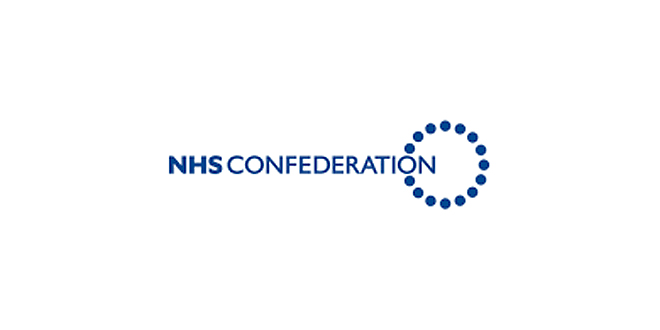UK Lags Behind Europe On Health Spending, Says Health Charity Leader
 The NHS has done well but performance is “middling” compared with health systems in some other Western European countries, according to the chief executive of a leading independent health charity.
The NHS has done well but performance is “middling” compared with health systems in some other Western European countries, according to the chief executive of a leading independent health charity.
As the NHS reaches its 70th birthday in July, the key question is what can be done to make faster improvements, says Dr Jennifer Dixon, chief executive of the Health Foundation, speaking at the inaugural annual NHS Confederation lecture in London yesterday (Tuesday 1 May).
Lack of investment relative to our European neighbours is clearly an issue. If the UK had spent at the rate of Germany since 2000, then the UK would have invested an extra £620bn in health care – that’s about four times the current NHS spend. The NHS needs between 3-4 per cent real growth each year and polling suggests that the public supports tax rises to pay for it.
But funding isn’t all. Increasing intervention and regulation by government without sufficient checks and balances mean the UK is particularly prone to “policy disasters”, Dr Dixon noted, adding that “simply poking, controlling and to an extent reshaping” NHS managerial administrative structures in different ways won’t do what we need. Dr Dixon argued that a better approach for the NHS in the 21st century is not big reform but an evolutionary approach, engaging NHS staff, patients and other innovators focusing on front line care, and experimenting as we go.
Dr Dixon said: “I believe we are genuinely at an inflexion point now. The transmission mechanism for improvement will be far more through collaborating networks, and communities. The future challenge will be more to respond faster to new innovations (particularly from outside the NHS), and speed up discovery and experiment within it at the front line. A front line that patients are part of, and a front line that is moving upstream towards reducing the risk of ill health.
“Boosting workforce skills, data analysis, management, networks and digital innovation should be central in the next round of investment,” she added.
“All that is a big agenda for leaders in the NHS, and patients. But we have plenty of talent, will and values to do it.”
The NHS Confederation has asked the Institute for Fiscal Studies (IFS) and the Health Foundation to conduct an independent and comprehensive study into the funding needs of the UK’s health and care systems for the next 15 years. We hope the first of these reports will be published in June.
Niall Dickson, chief executive of the NHS Confederation, which represents organisations across the healthcare system, said:
“We agree with the Health Foundation that more funding is needed and would argue that any long-term funding settlement must bring health and care together and move away from short-term cash injections that do not enable transformation.
“We are starting to see signs of movement from Government and politicians more widely on a challenge we have long argued is the most pressing domestic issue of our age.
“The NHS is facing a funding and workforce crisis which means the next decade must be very different from the last.
“We also recognise the importance of clarity around what health and care services should provide in return for extra investment.
“Our thanks to Dr Dixon for adding weight to this debate as the first guest of honour at our annual lecture.”





